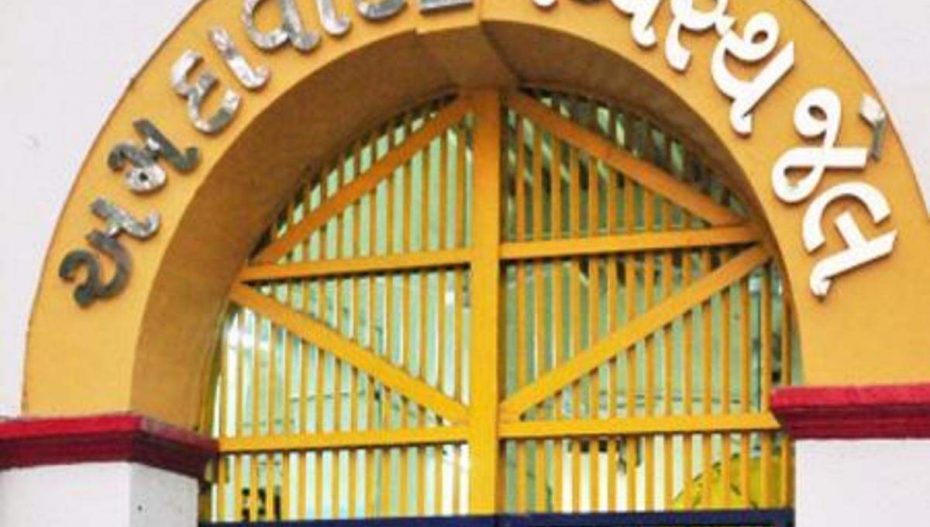Last year, on October 8, the 84-year-old tribal rights activist Stan Swamy was arrested for his alleged involvement in the Elgar Parishad case. At the time of his arrest, the octogenarian had advanced-stage Parkinson’s disease. He tested positive for COVID-19 seven months after his arrest. Today, he passed away during the court hearing while the court was still adjudicating his bail.
All through this, Swamy was still to be convicted of any crime. This is often the case with many undertrial prisoners in India.
Only three out of 10 prisoners in India’s jails have been convicted of a crime. Nearly 70 per cent of the inmates are undertrial prisoners, according to the 2020 India Justice Report. This number has only increased in the last 20 years. Globally, only 14 countries have a higher proportion of the total prison population in pre-trial/remand imprisonment.
In Gujarat, a 44-year-old Srinagar resident Bashir Ahmed Baba was acquitted of all charges on June 30, 2021. It took 12 years since he was first picked up by the anti-terrorism squad (ATS) and charged with the Unlawful Activities (Prevention) Act (UAPA), a charge that makes it impossible to get bail. Nearly 2 out of 3 prisoners in Gujarat’s jails are still awaiting trial.
Swamy and Ahmed Baba are not the exceptions. Studies have found that the prison population continues to disproportionately belong to those from marginalized castes and religions in India – reflecting India’s social inequities. Two in three undertrials were from marginalized castes, according to the National Crime Records Bureau’s 2019 Prison Statistics of India report. The share of Muslims in prison as undertrials is also higher than its population share in India at 18.7 percent.
Prison occupancy in 21 states/UTs is over a hundred percent. Overcrowding in prisons is at 19 percent, a rise of 5 percentage points from 2016 figures. Gujarat has a 109.6 percent occupancy rate. Budget utilization for prisons in Gujarat has fallen significantly, from 94 percent to 80 percent, lending further to the overcrowding of prisons.
“Unnecessary arrests, conservative approaches to granting bail, uncertain access to legal aid, delays at trial, as well as the inefficacy of monitoring mechanisms such as Under Trial Review Committees continue to contribute to overcrowding,” said the India Justice Report in 2020 by Tata Trusts.
Not only are the undertrials from marginalized communities, but nearly 1 in 3 also are illiterate and lack access to the funds to ensure justice. In the last 25 years, only 15 million people received legal aid, even though 80 percent of the country’s population is entitled to it.












